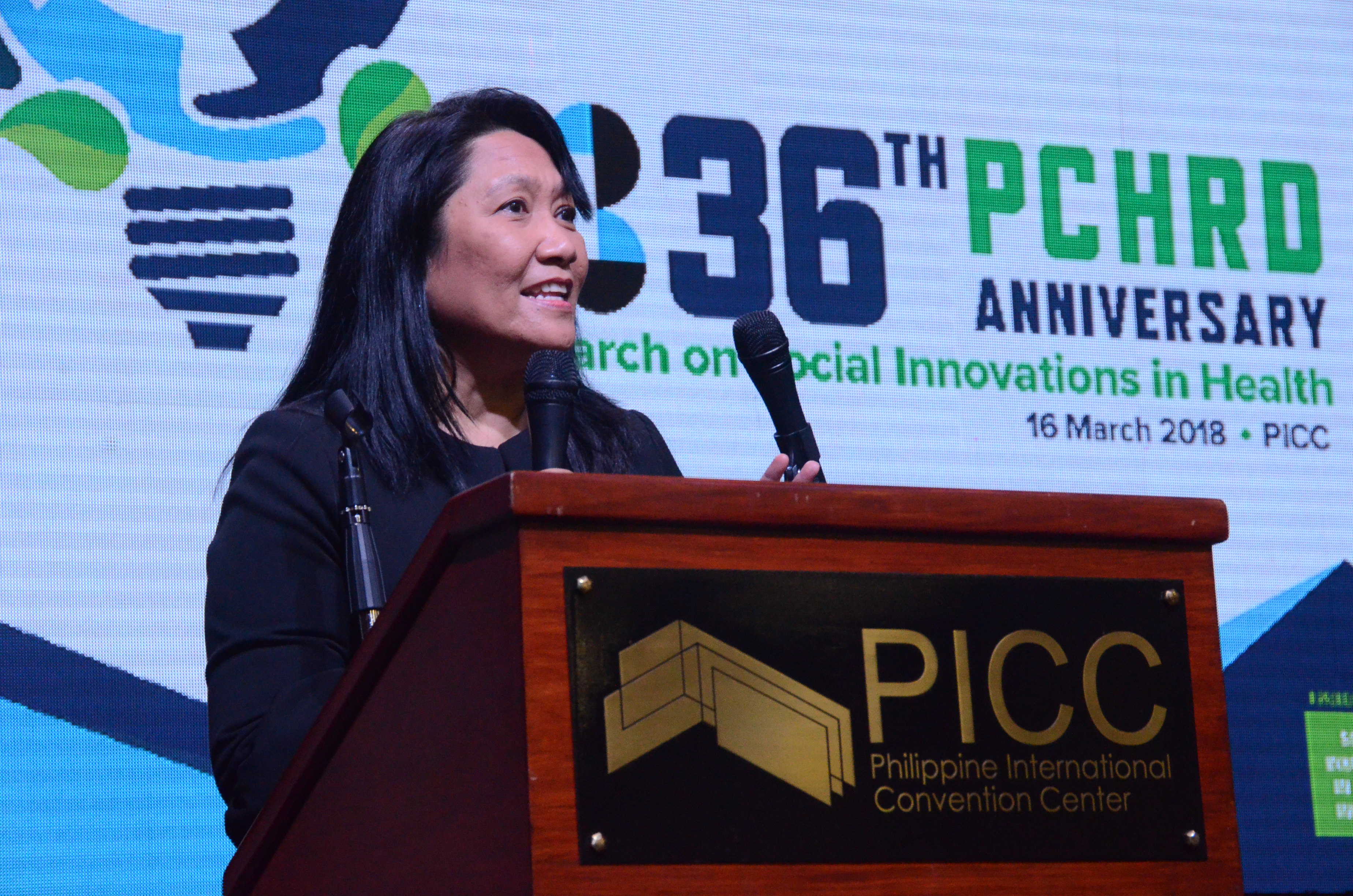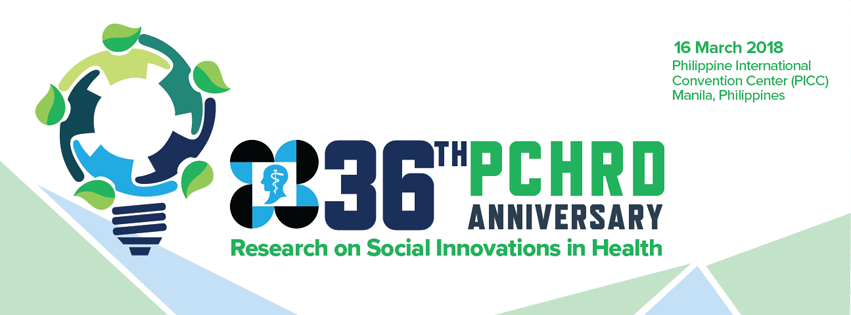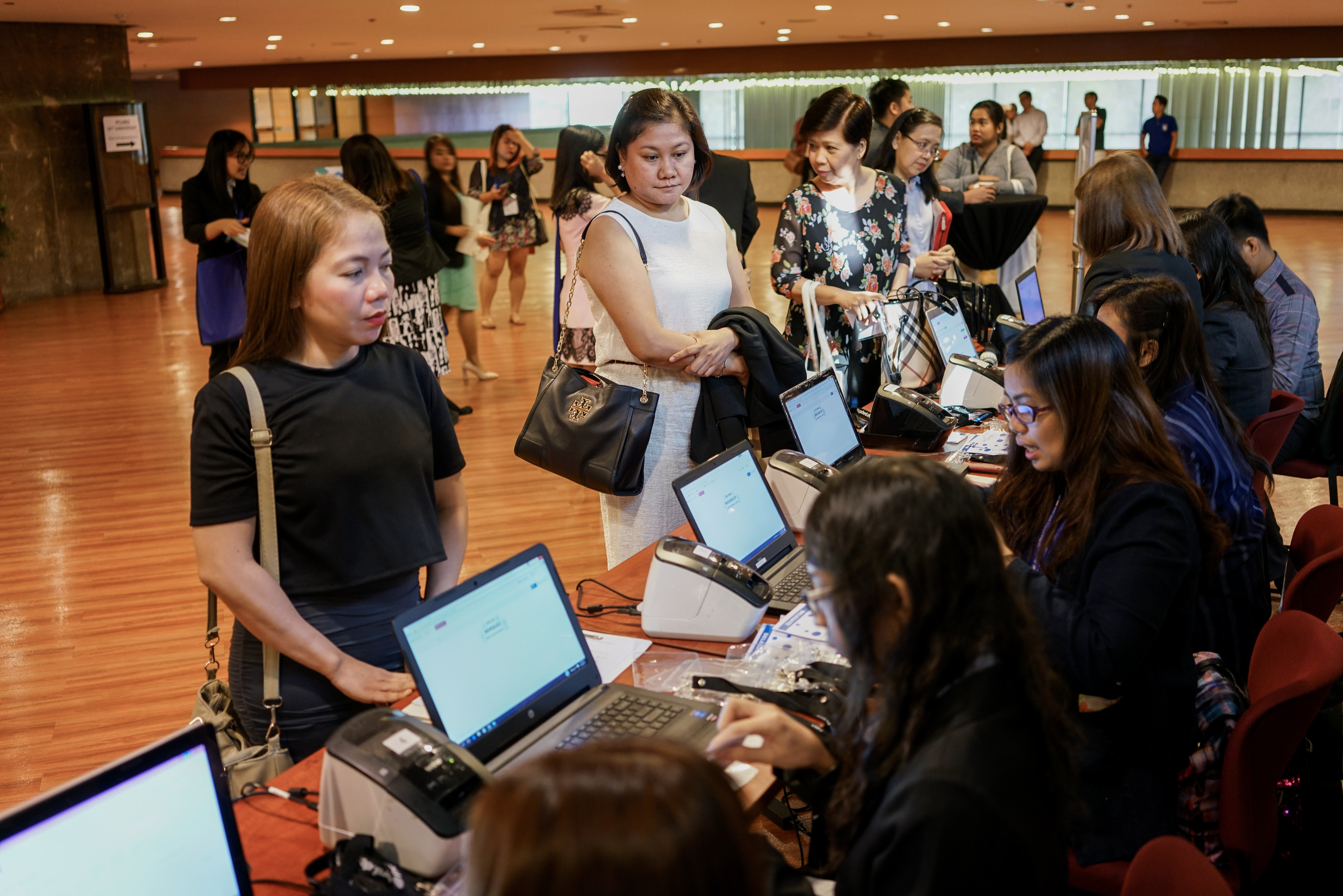- Administrator
- Latest News
- Hits: 2463
WHO Scientist advocates community involvement in health research
 WHO Scientist Dr. Bernadette Ramirez gave emphasis on the importance of participatory research in health during her keynote speech at the Philippine Council for Health Research and Development 36th Anniversary last March 16, 2018 at the Philippine International Convention Center, Roxas Boulevard, Manila.
WHO Scientist Dr. Bernadette Ramirez gave emphasis on the importance of participatory research in health during her keynote speech at the Philippine Council for Health Research and Development 36th Anniversary last March 16, 2018 at the Philippine International Convention Center, Roxas Boulevard, Manila.According to Dr. Ramirez, one of the objectives of participatory research in health studies is capacity building. “We actually have one goal which is capacity building for research. Capacity building means strengthening our ties with individuals and communities through involvement when it comes to health research and innovation.”
Dr. Ramirez defined community involvement as a process of engaging with communities to form a dialogue and/or collaboration at the grass roots level. She explained that in health research, including people in the process means providing what the people actually needs instead of delivering research results and research products aimlessly.
Participatory research sees communities as co-producer of knowledge and action. She added that the benefits of including individuals and communities in the dialogue of health research and innovation does not only encourage them to take action and responsibility for their own health but also fosters change in people.
She stated that the problem in the current health research practices is the need of the communities, “Ang mentality kasi natin ay one-size fits all; we forget that in health research, we are actually dealing with people. We need transformative change. We don’t want to be stuck in one size fits all because people come in different shapes and sizes.”
Dr. Ramirez explained that we should move forward from this practice and start banking on personalized healthcare that is more understanding of what is important to the people and community. The on-going evolution and demand for quality healthcare necessitate a parallel need for professional development with guided principle that is rooted in the needs of the people.
She urges everyone to take part in creating and providing a better healthcare to millions of Filipinos. Dr. Ramirez said, “Health research is multi-trans disciplinary; we need to combine our expertise. We have to understand our problems together. Healthcare is a complex problem and a complex problem requires a complete set of system to address that problem.”
In the end, she reiterated and reminded everyone that research on social innovation in health accompanied by community involvement is key in developing better healthcare system and programs.
Details
Written by Catherine Joy C. Dimailig


